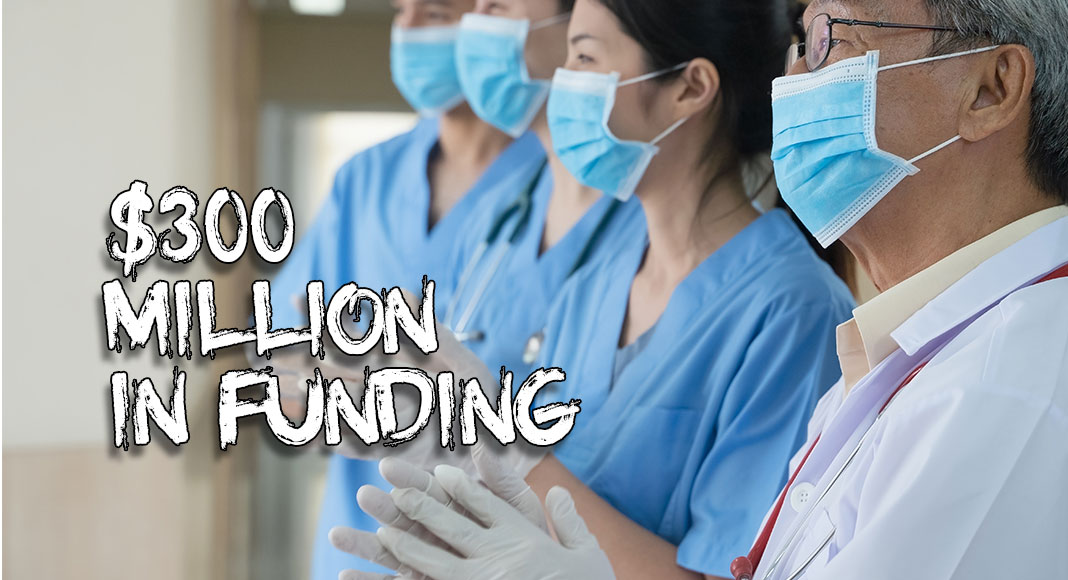
Mega Doctor News
The Centers for Disease Control and Prevention (CDC) awarded more than $116 million in year one of a three-year, $348 million program, to organizations for community health worker (CHW) services to support COVID-19 prevention and control. CDC also awarded more than $6 million of a four-year $32 million program for training, technical assistance, and evaluation. CHWs are frontline public health workers who have a trusted relationship with the community and are able to facilitate access to a variety of services and resources for community members. Availability of this funding was announced on March 25th as part of a larger effort to improve health equity in CDC’s response to the COVID-19 pandemic.
For a list of awardees, please click here.
CHWs support populations at high risk and communities hit hardest by COVID-19. These awards, funded through the Coronavirus Aid, Relief, and Economic Security (CARES) Act and the American Rescue Plan Act of 2021 will provide critical support to states, localities, territories, tribes, tribal organizations, urban Indian health organizations, or health service providers for tribes.
The amount each organization received was determined by population size, poverty rates and COVID-19 statistics. Five organizations received additional funding to conduct demonstration projects, which seek to develop innovative approaches to strengthening the use of community health workers through policy, systems, or environmental changes.
The funding is intended for recipients to address:
- Disparities in access to COVID-19 related services, such as testing, contact tracing, and immunization.
- Factors that increase risk of severe COVID-19 illness, such as chronic diseases, smoking, and pregnancy.
- Community needs that have been exacerbated by COVID-19, such as health and mental health care access and food insecurity.
CDC strives to promote health equity through its National Center for Chronic Disease Prevention and Health Promotion (NCCDPHP), which seeks to eliminate health disparities and achieve optimal health for all Americans. In addition, CDC continues to work with populations that are underserved, at higher risk for, and disproportionately impacted by COVID-19. This includes ensuring resources are available to maintain and manage physical and mental health, and providing easy access to information, affordable testing, and medical and mental health care.









